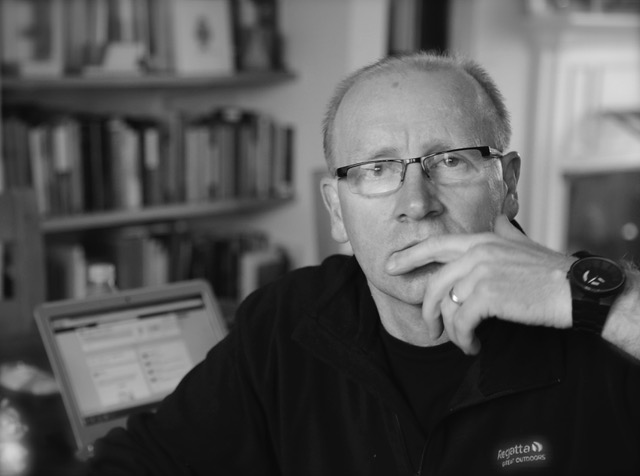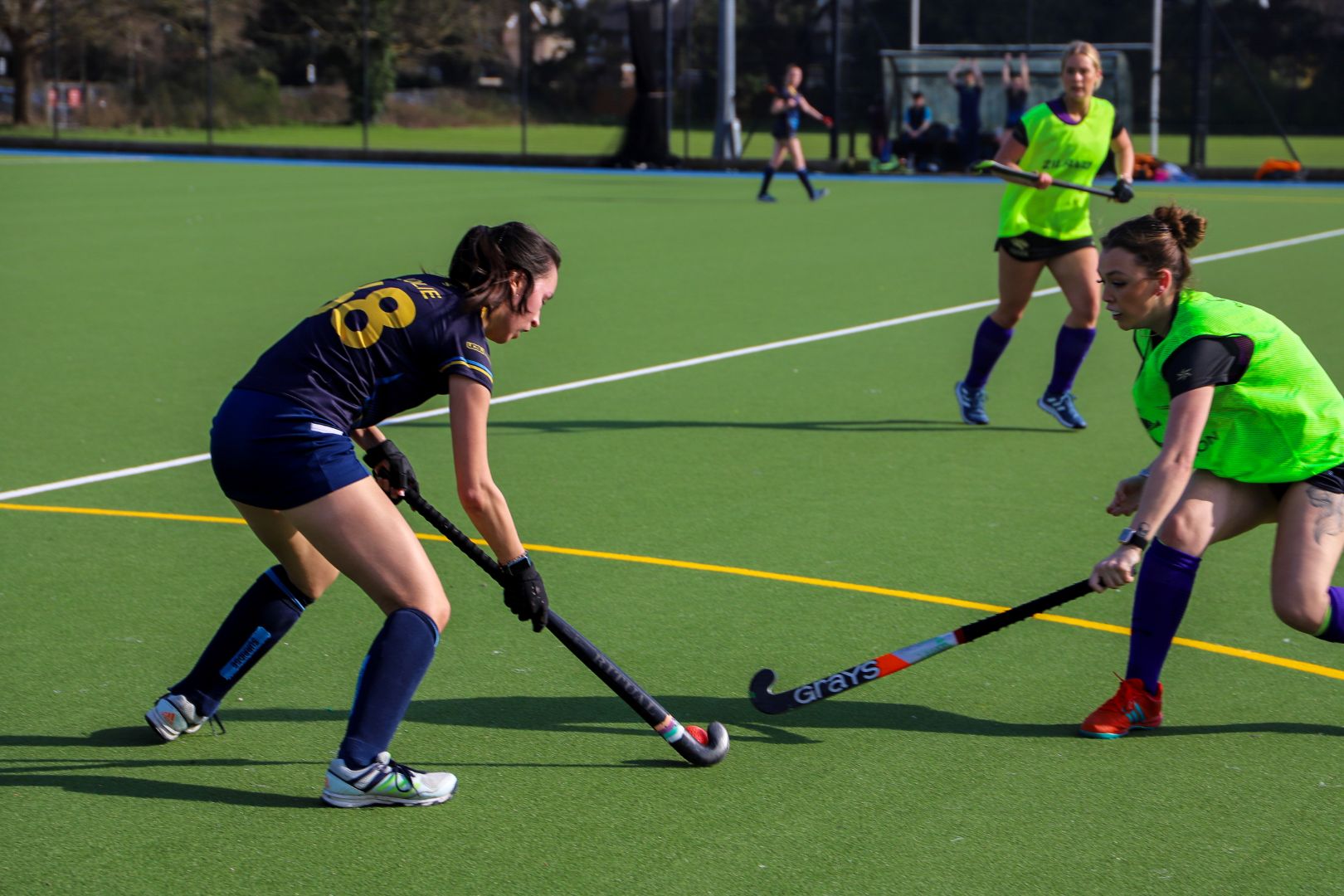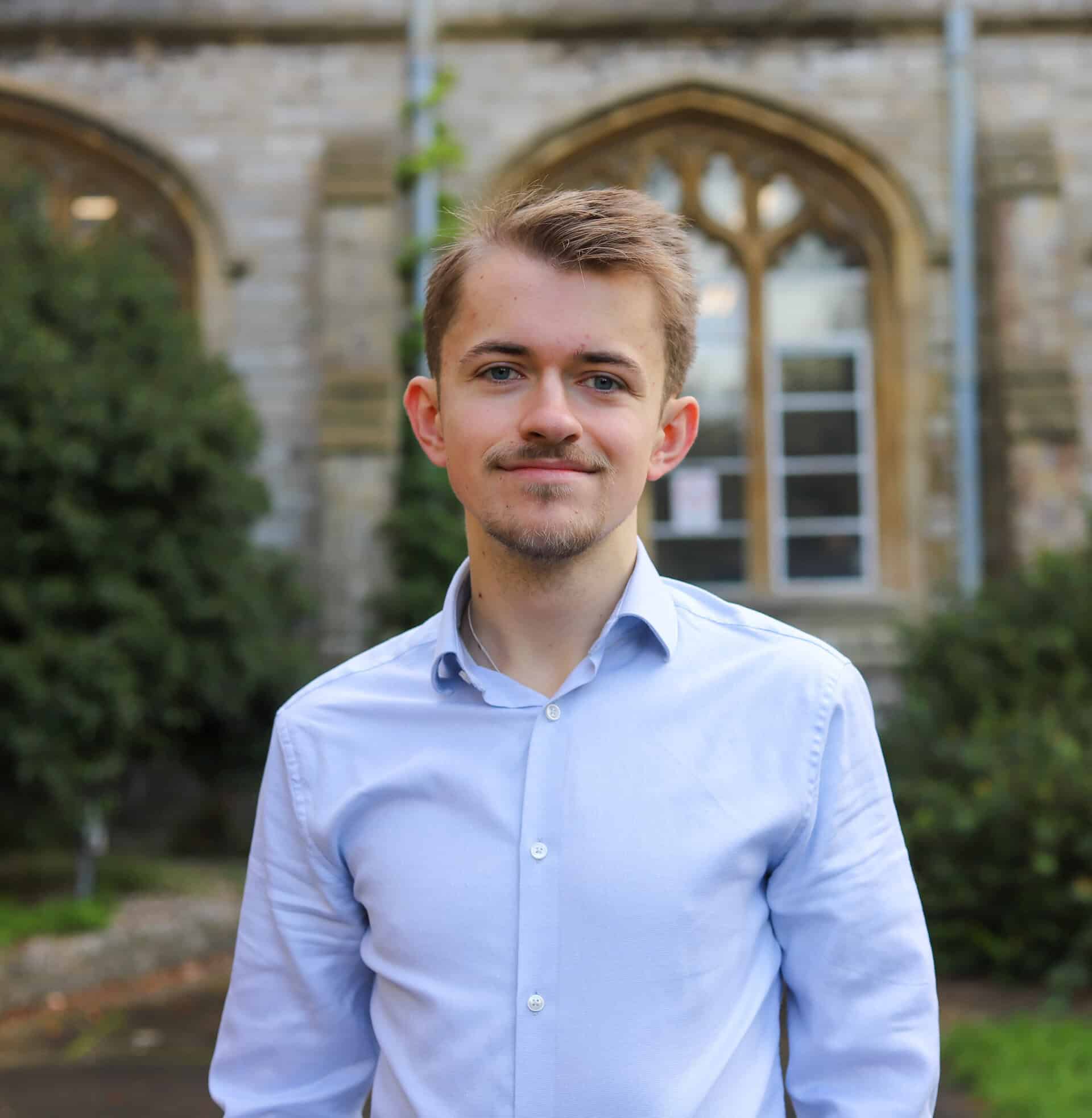“Moving to a new country and starting afresh was initially daunting, but the staff at Chichester were very supportive”

Sree Laxman graduated from Chichester with an MSc Sport and Exercise Psychology and is currently studying for a PhD here.
Tell us a bit about your background and why you chose to study MSc Sport and Exercise Psychology at the University of Chichester.
I’ve been involved in sport and physical activity since the age of six, and after completing my undergraduate degree in Psychology in Sophia College, Mumbai, I realised I wanted to combine my two biggest interests which are psychology and sport. Sport and Exercise Psychology is still a growing field in India, so I applied to several universities in the UK, and the University of Chichester stood out. The course offered exactly what I was looking for as it included a strong focus on qualitative research methods and dedicated modules on exercise and mental health. It aligned perfectly with my interests and passion.
What were the highlights of your time here?
Moving to a new country and starting fresh was initially daunting, but the staff at Chichester were very supportive. They made me feel welcome while also challenging me to broaden my understanding of both psychology and sport. A major highlight was the opportunity to work with a local charity that supports children and young people with disabilities through play. While the course equipped me with theoretical knowledge, this hands-on experience gave me a deeper understanding of how to apply strength-based and personalised approaches to make physical activity more inclusive and accessible in real-world settings.
You’re now studying for a PhD here – can you tell us more about that? What does your research focus on?
With guidance from Dr. Melissa Day, I began my PhD research focused on the role of long-term community-based physical activity in the recovery journeys of individuals living with serious mental illnesses such as schizophrenia and bipolar disorder. My previous work with Sport in Mind, a charity delivering sport and physical activity programmes for mental health, inspired this research. Over two years, I met many individuals who found physical activity to be a powerful tool in their recovery, while others faced barriers despite wanting to be active. I became curious about their stories and the complexities of participating in community-based physical activity, which ultimately shaped my research aims.
You recently presented your research at a Sport in Mind conference – how did it go?
It was an incredible experience to present the first phase of my research to stakeholders in the mental health and physical activity sectors. I shared insights into how development officers, coaches and volunteers of Sport in Mind shape sessions based on their understanding of service users’ experiences and needs. The presentation sparked interesting conversations around the implementation of trauma-informed practices in physical activity settings, and the importance of delivering consistent, long-term, community-based programmes for people facing mental health challenges.
Do you have any advice for students coming to study at the University?
Make the most of your time at university by being open to learning both inside and outside the classroom. Seek out opportunities, even if they feel outside your comfort zone. The worst that can happen is someone says no, but often, something positive and unexpected can come from simply putting yourself out there.





